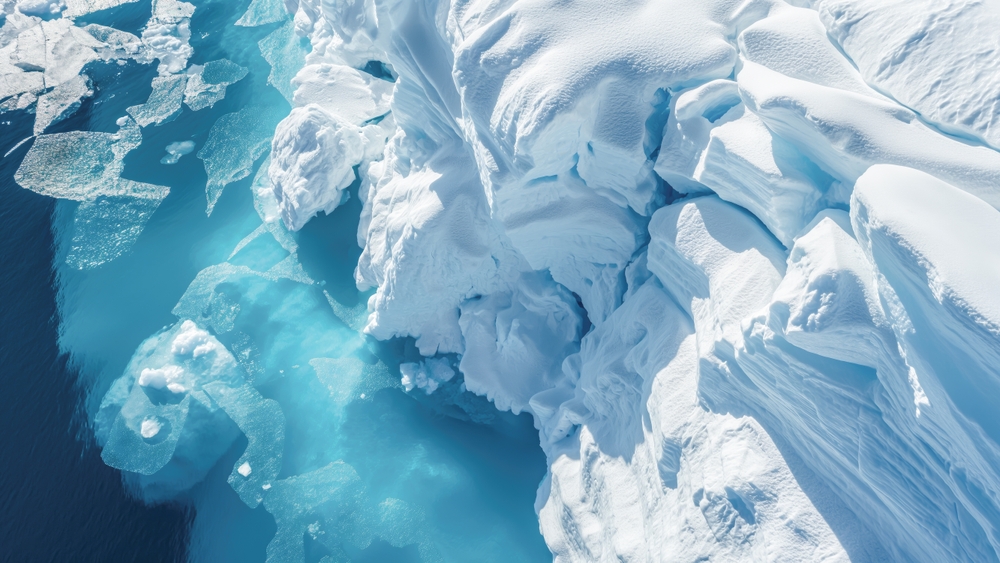The Arctic has long been a critical part of the planet’s climate balance.
Others are reading now
Its icy expanses help regulate global temperatures, reflecting sunlight back into space and keeping the planet cooler.
But that balance is rapidly deteriorating.
Over the past few decades, the Arctic’s sea ice has been melting at alarming rates.
Scientists warn that if trends continue, the region could experience ice-free summers as early as the 2030s. This has far-reaching implications for global warming, ecosystems, and human populations, according to Digi24.
Also read
An Artificial Sea Ice
Faced with this daunting reality, a group of scientists and entrepreneurs has proposed a bold idea: refreezing parts of the Arctic.
The project, led by the UK-based startup Real Ice, involves creating artificial sea ice to slow down or even reverse summer ice loss.
The team is conducting experiments in Cambridge Bay, a remote area of Canada’s Arctic region, testing whether they can add significant thickness to the existing ice.
The process involves using electric pumps to draw seawater to the surface through holes in the ice. Once exposed to the frigid Arctic air, the water freezes, creating an extra layer of ice.
Early tests have been promising. Initial trials in Alaska confirmed the equipment’s resilience in subzero conditions, and more recent experiments in Cambridge Bay have successfully added up to 20 centimeters of ice.
Real Ice plans to scale up the effort, aiming to thicken the ice by 40–80 centimeters over larger areas.
The ultimate vision is ambitious. The team hopes to cover 100,000 square kilometers — an area twice the size of California — with thicker, more reflective ice.
Achieving this would require 500,000 submersible drones and an annual budget of $6 billion. Critics, however, question the environmental risks and scalability of such a project.
Some warn it could disrupt Arctic ecosystems, while others argue it’s no substitute for addressing the root causes of climate change.
Real Ice acknowledges the challenges but believes the stakes are too high to ignore. “Doing nothing poses a far greater risk,” said co-executive Andrea Ceccolini.


